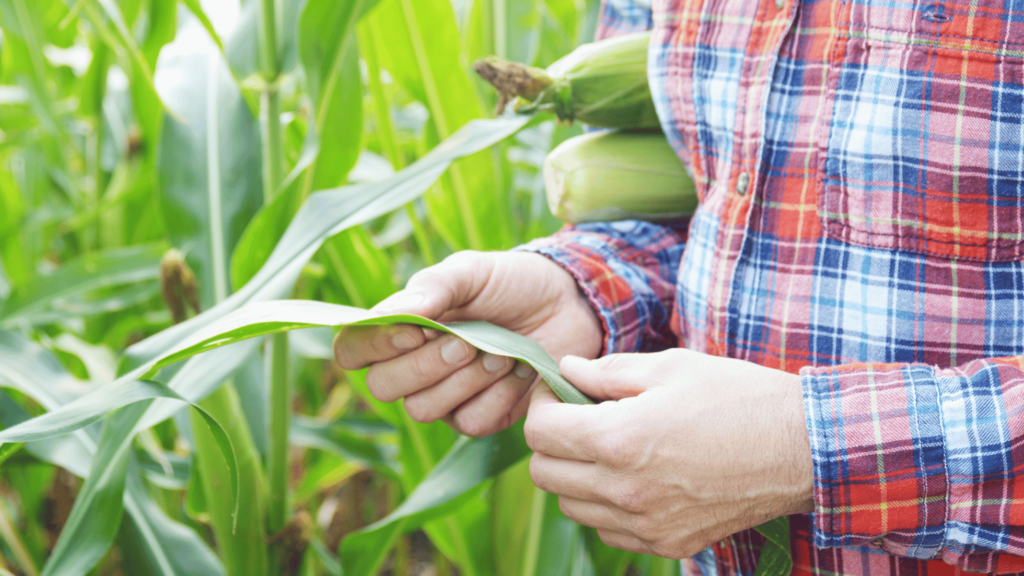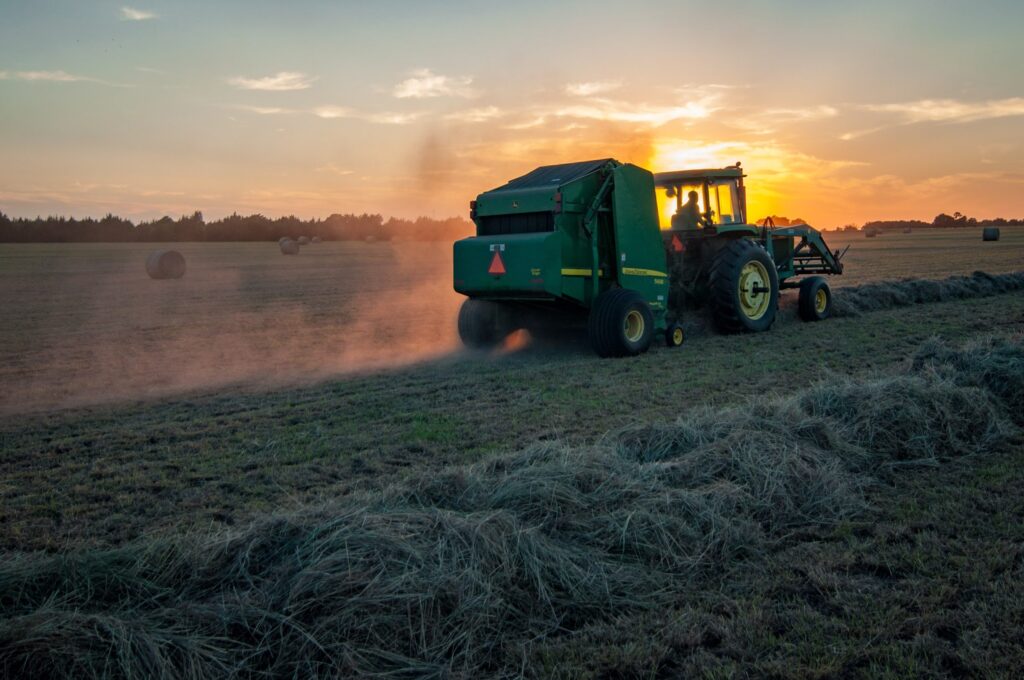While market research is valuable and vital in all sectors, it is especially important in agriculture due to a dynamic and rapidly-evolving business environment. The traditional agricultural business model involved farmers marketing products to known buyers. In many cases, fundamental farming and growing decisions (e.g., what to grow, how much to grow, when to harvest, how to store and ship, etc.) were made on a contractual basis. It was a classic risk-reward trade-off, with most farmers opting to accept a relatively smaller profit margin in return for a confirmed purchase.
Now, innovative farming techniques mean the agriculture business environment is more sophisticated, complex, and multifaceted than in years past. There are numerous value-added products and services, increasing global competition, changing customer dynamics, and new buyers. Unlike the stereotype of farmers meeting in the middle of town to “do some trading,” today’s agricultural marketplace professionals are more likely to have an MBA to go along with their pickup truck.
Businesses that want to sell in the massive 400+ billion dollar agricultural sector, and those currently in the sector who want to generate maximum profit while reducing their risk exposure, cannot rely solely on historical data to make decisions. They need data to inform current decisions and guide steps needed to anticipate changes in the market in the next month, next year, and next decade. Agricultural market research provides these three most significant advantages:
1. Opportunity Analysis

The history of business overflows with great ideas that could have been enthusiastically adopted but failed to get off the ground because of limited market demand. And of course, there are other ideas for which demand existed, but production and distribution costs resulted in a price position that the market deemed too high.
Agricultural market research takes a pragmatic, down-to-earth look at the viability of introducing a new product or service in the market. Insights derived from research can help verify whether an offering will be in demand, profitable and sustainable. Data may also reveal potential problems and provide insight on how to improve the opportunity to achieve the best possible outcome.
2. The Price of an Idea
 While having a viable idea is critical, it is not the full story. To be successful, that idea must align with customer expectations. For example, to sell a new software solution to help farming operations track, monitor, analyze, and compare their roster of logistics, the sales pitch may involve a demo and perhaps a free trial to prove value. The software may be a significant improvement on the the previously used technology. However, even with a proven product, this Agtech software still needs to be priced correctly. In a complex business world where return on investment (ROI) may not be realized until two or three years into the adoption of a new technology, the balance is not a straightforward proposition. Agricultural market research can uncover details required to correctly price innovative products and services to profitably sell in a competitive marketplace.
While having a viable idea is critical, it is not the full story. To be successful, that idea must align with customer expectations. For example, to sell a new software solution to help farming operations track, monitor, analyze, and compare their roster of logistics, the sales pitch may involve a demo and perhaps a free trial to prove value. The software may be a significant improvement on the the previously used technology. However, even with a proven product, this Agtech software still needs to be priced correctly. In a complex business world where return on investment (ROI) may not be realized until two or three years into the adoption of a new technology, the balance is not a straightforward proposition. Agricultural market research can uncover details required to correctly price innovative products and services to profitably sell in a competitive marketplace.
3. Competition Analysis

Agricultural research is an important piece of comparative analysis to track competitor’s unique value propositions, marketing strategies and R&D investments. A high-level scan or SWOT (Strengths, Weakness, Opportunities, Threats) exercise cannot reveal many of the critical details and nuances that make a profound difference between smart and informed decision-making and heading down the wrong road. Proper understand your competitors‘ strategy can grow your market share and that data can be gathered with qualitative or quantitative research or a mixture of both.
The Agricultural industry is complicated and continually changing. To stay ahead of the technology, shifting economic outlook and development of new tools and methods, farmers, large animal veterinarians, nutritionists, land owners, producers and distributors all look to quality market research to stay ahead of the competition.
Want to learn more?
The technical terminology of the agriculture industry can be challenging to master. This major industry encompasses all small businesses and larger enterprises involved in cultivating plants and animals for food, fibers, and fuel. As a researcher in this space, it’s essential to know more about the specific business categories and the particular jargon to help you connect with this audience more naturally.
The Ag Researcher’s Almanac is a FREE glossary of important agriculture industry terms for both new and seasoned researchers in the agriculture space. Download a copy today!




